Ford Recalls Cars They Don’t Make Anymore

We’ve often said that building cars is hard – and those difficulties don’t always end even after a company stops making them. It’s like bad news coming in even after one has turned off their phone.
At issue this time around is the 1.0-liter three-cylinder engine which was an option in certain models of the long-departed Ford Focus compact car and Ford EcoSport thing tiny crossover. More specifically, a faulty belt tensioner arm on the belt-driven oil pump may fracture or separate from the tensioner backing plate. A busted oil pump would cause an obvious loss of oil pressure, potentially leading to engine damage (duh) or, in specific conditions, the loss of power braking ability. It’s the latter which has apparently caused a crash and two injuries.
According to docs provided to the National Highway Traffic Safety Administration (NHTSA) by suits at the Glass House, over two thousand warranty claims have been filed related to this issue. It is said the company had a look at this issue back in 2022 but determined it was not a safety concern. Jeez. To fix affected cars, Ford dealerships plan to replace the oil pump drive belt tensioner assembly with a redesigned part but, as with most things in life these days, the replacement parts are not currently available.
Specifically, the recall targets EcoSport models with a 1.0L EcoBoost engine and an automatic transmission manufactured between April 3, 2017 and Oct. 12, 2021. This is in addition to Focus sedans and hatchbacks with the same powertrain combo manufactured between March 24, 2015 and May 4, 2018. There are approximately 140,000 units covered under the recall.
Whilst we continue to mourn the loss of both the Focus sedan and hatchback, particularly its spicy variants, precisely no tears have even been shed for the wretched EcoSport. As an unpleasant log laid by a company panicking its way into a segment it should have been in ages ago, the EcoSport was neither eco nor sporty – but at least it was expensive with a terrible interior. You’ll notice other models in its segment (Kia Soul, et al) had and continue to have no trouble finding buyers while the EcoSport has shuffled to the side. We’ll let you speculate why in the comment section.
[Images: Ford]
Become a TTAC insider. Get the latest news, features, TTAC takes, and everything else that gets to the truth about cars first by subscribing to our newsletter.

Matthew buys, sells, fixes, & races cars. As a human index of auto & auction knowledge, he is fond of making money and offering loud opinions.
More by Matthew Guy
Latest Car Reviews
Read moreLatest Product Reviews
Read moreRecent Comments
- Wjtinfwb Nice car and looks well cared for. The accessories are mostly for vanity, their value is in the eye of the buyer. I see zero value in them but I like bone stock if buying used. The problem this seller has is his spec is not at all unique; not a manual, no Shaker hood, attractive, but conservative color. Today, AutoTrader has 130 used 2015-2018 Challenger Hemi's with automatics available. The average price is abut 27,200 and mileage is slightly lower than this example at about 40k miles. Almost all are at dealers where a decent negotiator should be able to knock $1500-2500 off the ask. This is a 25k car, the buyer may not believe it but stats would say otherwise.
- Turbo Is Black Magic Honestly at this point Elon is more of a liability than an asset. How much does the board have to pay to just get rid of him?
- FreedMike The article touches on this fact, but the number of public EV chargers grew by over 18,000 between 2021 and 2023. https://afdc.energy.gov/fuels/electricity-infrastructure-trendsSo clearly the expansion is happening without the use of the funds in question. Not necessarily a bad thing, if you're into not using taxpayer money. Still, I'd be interested in knowing why the public money isn't being used. Are the regs overly complex or restrictive, or something like that? But in any case, EV charging IS expanding at a pretty solid rate. And as far as "...we’ve seen plenty of Republican-backed legislation targeting EV-related spending over the last couple of years" is concerned...well, yeah, there's a reason why Republicans don't like EV charging. The petroleum industry is one of the GOP's prime donors, and every charger built or EV sold represents a direct ding to their bottom line. Republicans, of course, like to put this in terms of "EVs are a woke mind virus," or some such nonsense, but the fact is that the people paying their bills don't want competition.
- 28-Cars-Later When its discontinued.
- NigelShiftright If this boondoggle had worked, we'd have half a million charging stations with no generating capacity to speak of.



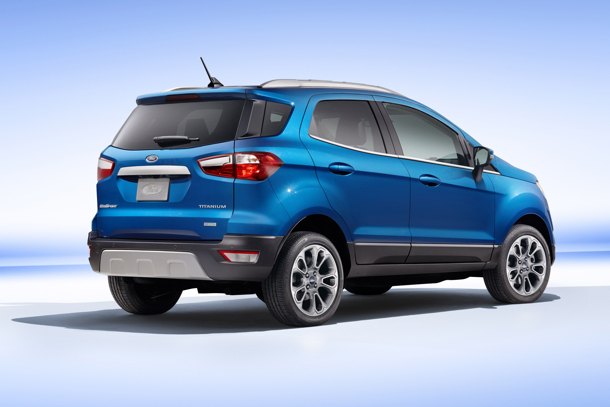














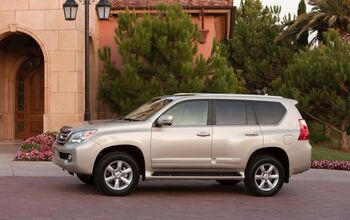
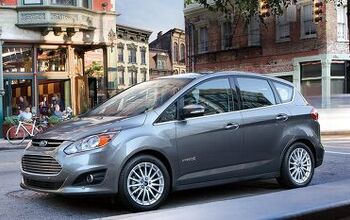
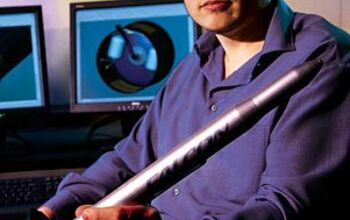
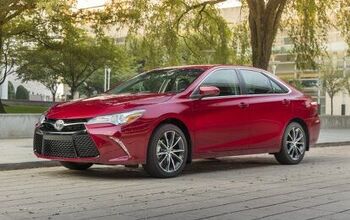



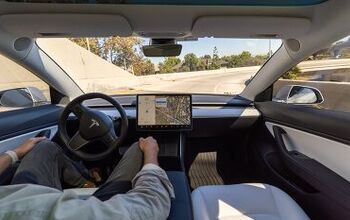




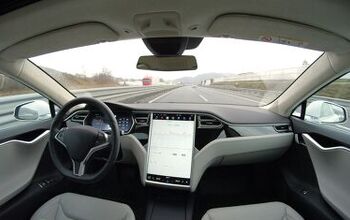

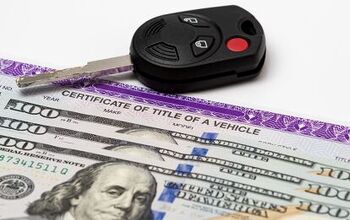
Comments
Join the conversation
How much does a recall this size cost Ford?
The Fiesta could also be had with this engine, btw......